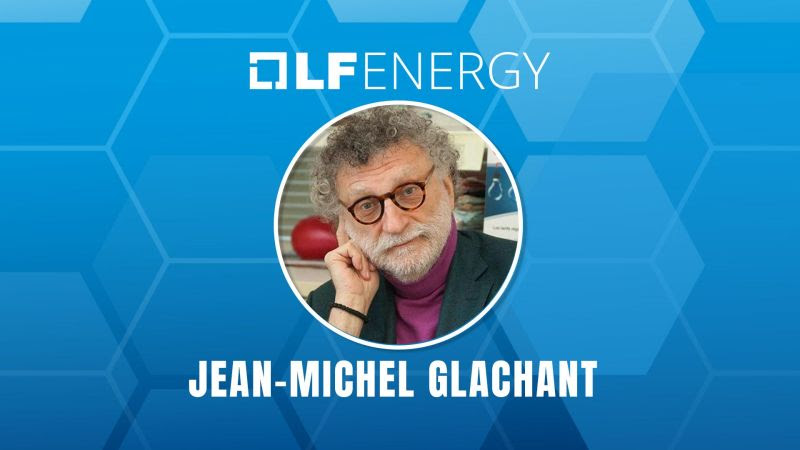Gain a seat at the table to influence the strategic direction of LF Energy and the projects that will shape an industry for millennia.
In this episode of TFiR: T3M, Swapnil Bhartiya sits down with Antonello Monti, who serves at the Technical Advisory Council (TAC) Chair for LF Energy, to talk about the global market trends he is seeing, particularly in terms of cost cutting and cost efficiency, and how LF Energy is making headway with its projects this year.
https://www.youtube.com/watch?v=iLGidoFBSOc